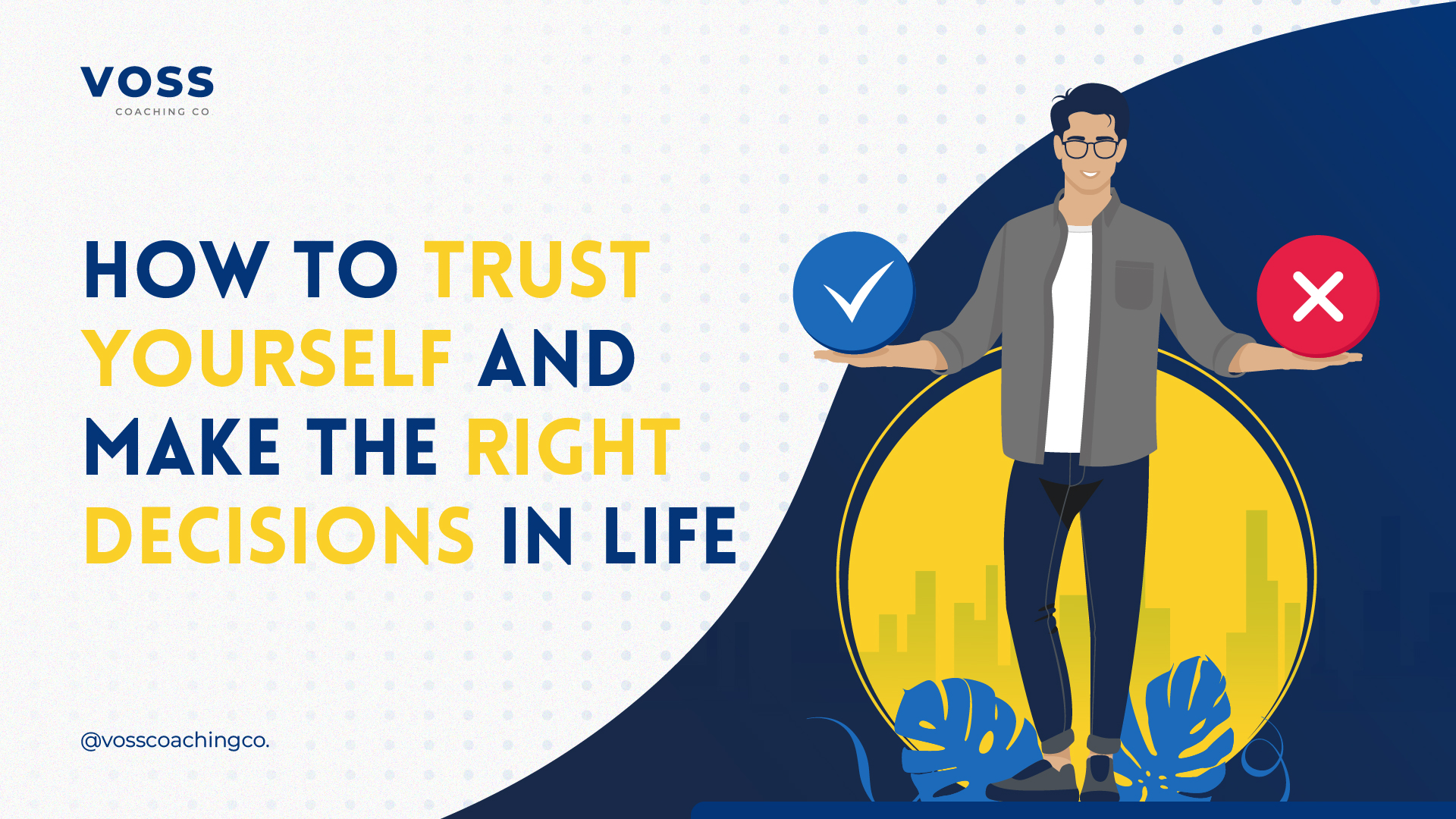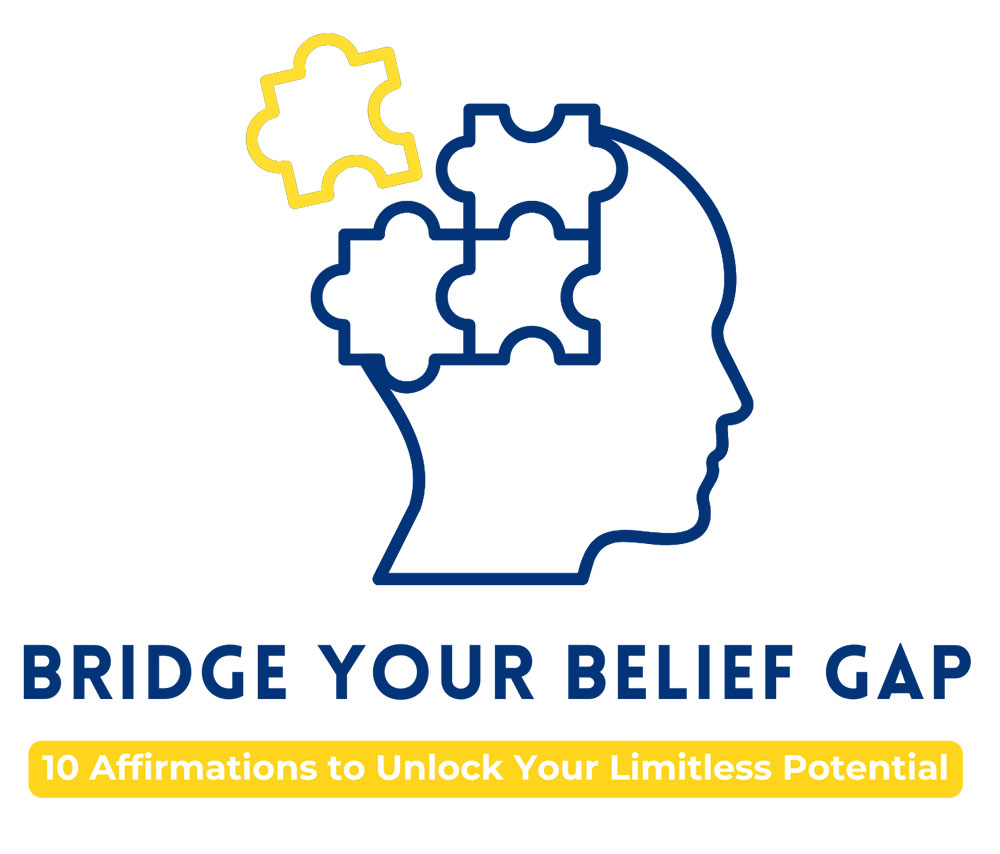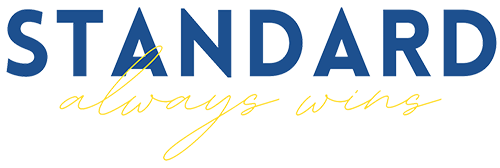
Do you ever feel like you don’t trust yourself enough? Doubting your abilities, choices, and instincts? If so, you’re not alone. Many people struggle with trusting themselves because of various reasons, such as past traumas, societal expectations, or low self-esteem.
However, trusting yourself is vital for your personal development and growth. When you trust yourself, you can tap into your inner wisdom and guidance. You can make decisions that are aligned with your values and goals. You can also live a more authentic and fulfilling life.
So, how can you build trust in yourself? In this blog post, I’ll share with you some tips and strategies that can help you trust yourself more and make the right decisions in life.
Detach Yourself from the Results
One of the biggest obstacles to trusting yourself is being too attached to the results. When you’re focused on the outcome, you tend to worry about what will happen if you fail or make a mistake. You also tend to overthink and analyze every possible scenario. This can lead to paralysis by analysis, where you’re unable to make any decision at all.
The solution is to detach yourself from the results and focus on the process instead. When you do this, you’re more likely to trust your intuition and knowledge. You’re also more likely to enjoy the journey and learn from the experience.
To detach yourself from the results, try to adopt a growth mindset rather than a fixed mindset. A growth mindset is when you believe that you can improve your skills and abilities through effort and feedback. A fixed mindset is when you believe that your skills and abilities are fixed and cannot be changed.
When you have a growth mindset, you see failure as an opportunity to learn and grow. You don’t take it personally or let it define you. You also see success as a result of your hard work and dedication. You don’t attribute it to luck or external factors.
By having a growth mindset, you can detach yourself from the results and trust yourself more.
Start Small
Another way to build trust in yourself is by starting small. It’s easier to trust yourself when you have evidence that you can make good decisions. Therefore, start with small decisions that are less consequential and build up from there.
For example, you can start by deciding what you want to eat for breakfast or what outfit you want to wear today. These decisions may seem trivial, but they can help you boost your confidence and self-esteem. They can also help you practice listening to your intuition and preferences.
As you make more small decisions, you’ll start to feel more comfortable and confident in your abilities. You’ll also start to develop a habit of trusting yourself. Gradually, you can move on to bigger decisions that have more impact on your life.
By starting small, you can build trust in yourself step by step.
Trust Your Intuition
Finally, one of the most powerful ways to build trust in yourself is by trusting your intuition. Your intuition is your inner voice that tells you what feels right or wrong for you. It’s based on your subconscious mind, which has access to more information and insights than your conscious mind.
Your intuition can help you make decisions that are aligned with your true self. It can also help you avoid situations that are harmful or detrimental to your well-being. However, many people ignore or dismiss their intuition because they don’t trust it or they fear it.
To trust your intuition, you must learn how to recognize and listen to it.
Here are 5 tips on how to do that:
1. Pay attention to how you feel. Your intuition often communicates with you through your emotions and sensations. For example, if something feels right for you, you may feel a sense of peace, joy, or excitement. If something feels wrong for you, you may feel a sense of anxiety, dread, or discomfort.
2. Meditate regularly. Meditation is a practice that helps you quiet your mind and connect with your inner self. When you meditate, you can tune out the noise and distractions of the external world and focus on your inner voice. Meditation can also help you increase your awareness and intuition.
3. Follow your curiosity. Your intuition may also guide you through your curiosity and interests. For example, if something sparks your curiosity or passion, it may be a sign that it’s aligned with your purpose or mission. Follow your curiosity and see where it leads you.
4. Trust the signs and synchronicities. Sometimes, your intuition may send you signs and synchronicities that confirm or challenge your decisions. For example, if you’re considering quitting your job and pursuing your passion, you may see a billboard that says “Follow Your Dreams” or meet someone who has done that. These signs and synchronicities are not coincidences but messages from your intuition.
5. Take action on your intuition. The best way to trust your intuition is by acting on it. When you act on your intuition, you’re validating and reinforcing it. You’re also creating positive feedback loops, encouraging you to trust yourself more. However, if you ignore or reject your intuition, you weaken and undermine it. You’re also creating negative feedback loops that discourage you from trusting yourself.
By trusting your intuition, you can build trust in yourself and make the right decisions in life.
Final Thoughts
Trusting yourself is essential for your personal development and growth. It’s also the key to living a happy and fulfilling life. However, for various reasons, trusting yourself can be challenging for many people.
By applying these tips and strategies, you can build the trust you need to succeed in every aspect of your life. Remember, you have everything you need within you to make the right decisions and live a fulfilling life. You just need to trust yourself.


